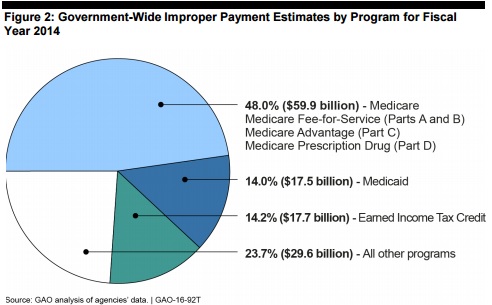(A version of this Health Alert was published by RealClearPolicy on July 16, 2015.)
Just a few weeks ago, Republicans in Congress announced a oint budget resolution, which (if ever enacted) would repeal Obamacare and balance the budget in ten years. That is all well and good. Unfortunately, when they pass health care legislation that actually has a chance of becoming law, they fail to pay for their promises. How can they be trusted to repeal and replace Obamacare with fiscally responsible, patient-centered health reform?
The Congressional Budget Office (CBO) estimates repealing Obamacare would increase the deficit by $353 billion over ten years, before considering the economic growth that would result from repeal. Because repeal would grow the economy, federal tax revenues would increase by $216 billion, resulting in a net deficit of $137 billion. So, when Republicans actually repeal Obamacare, they will still have to cut $137 billion of spending elsewhere.
Yet, they cannot even identify miniscule spending cuts to pay for current health-related bills. The latest is repeal of the medical device excise tax. This is a 2.3 percent excise tax on medical devices – from pacemakers to MRI scanners – to help pay for Obamacare. On June 18, the House of Representatives voted to repeal the tax. Every Republican present voted for it, plus about one fifth of the Democrat members. With those 46 Democrats joining the majority, the votes in favor added up to 280, just eight short of the number needed to override the promised presidential veto. It awaits a vote in the Senate.
Read More » »




